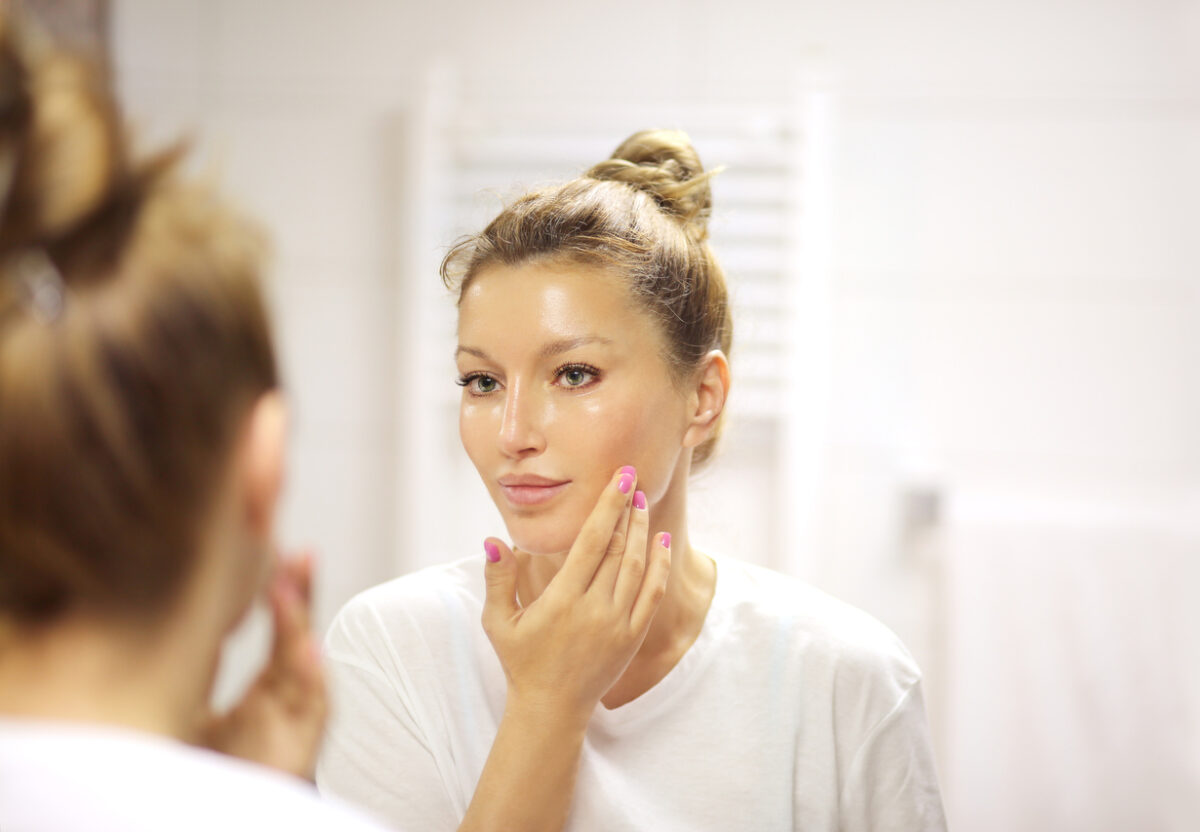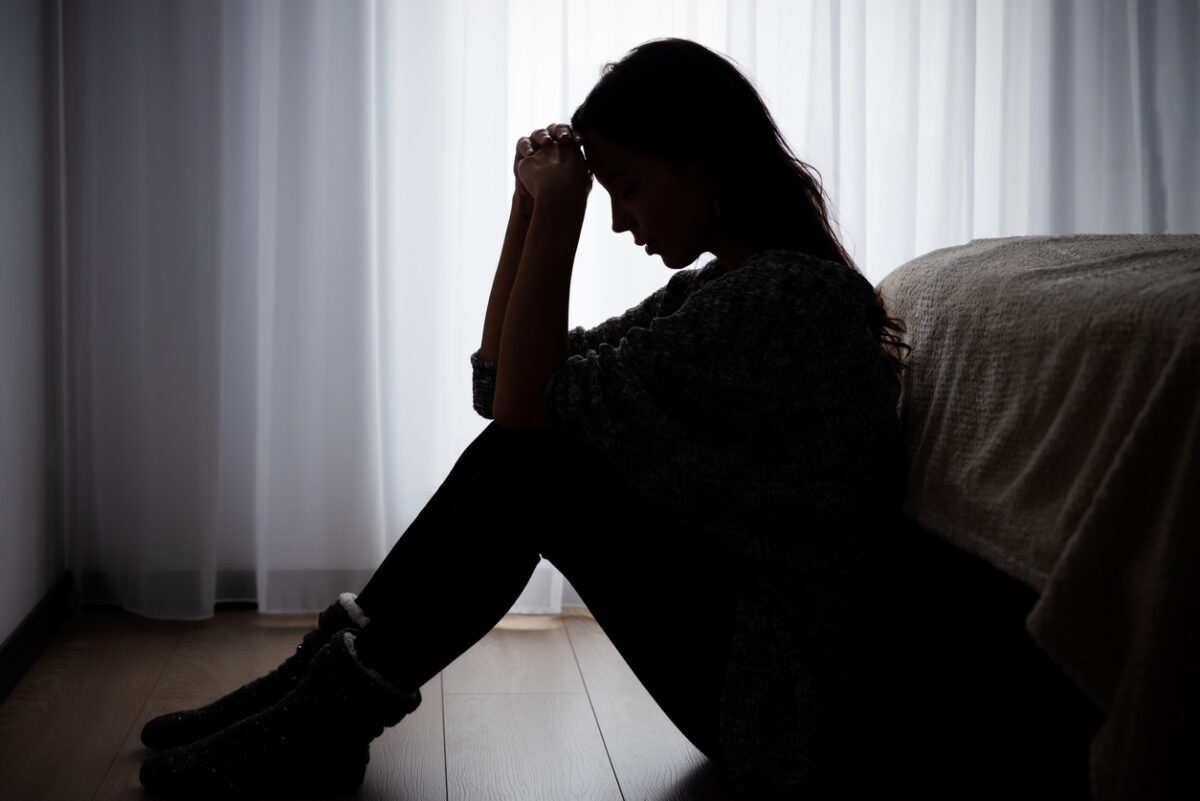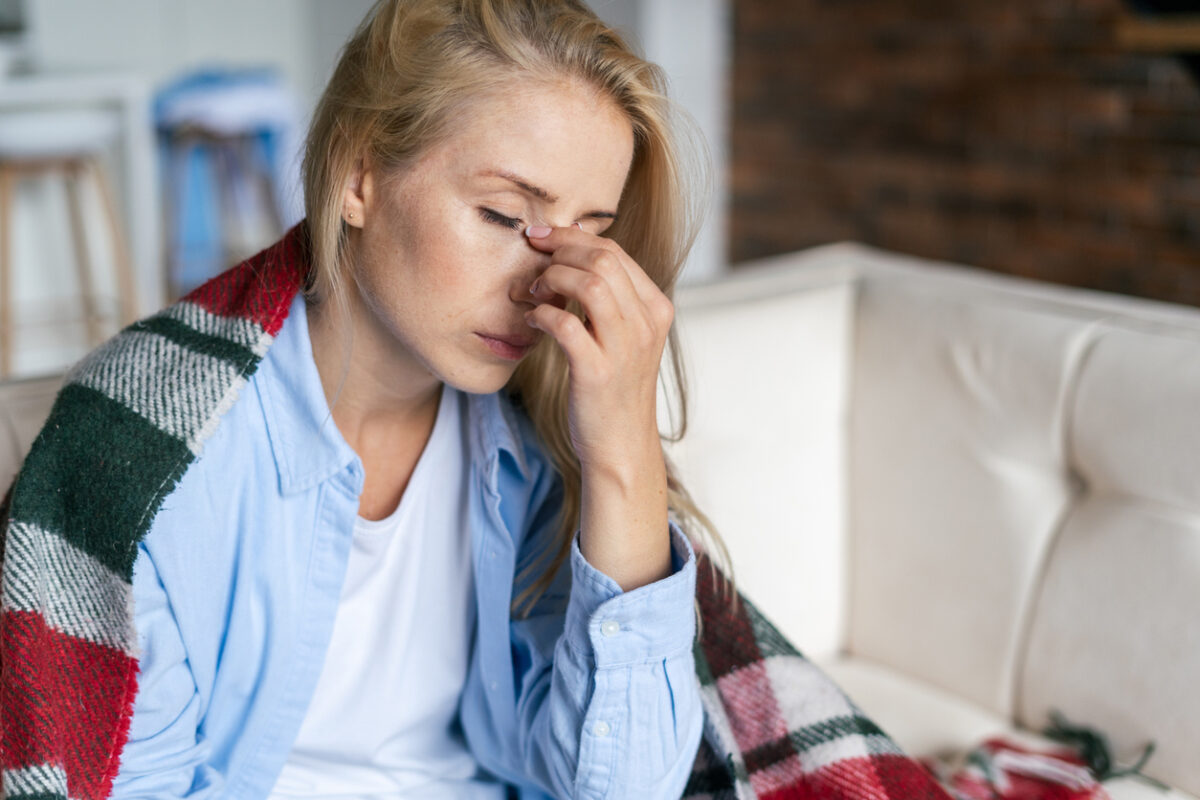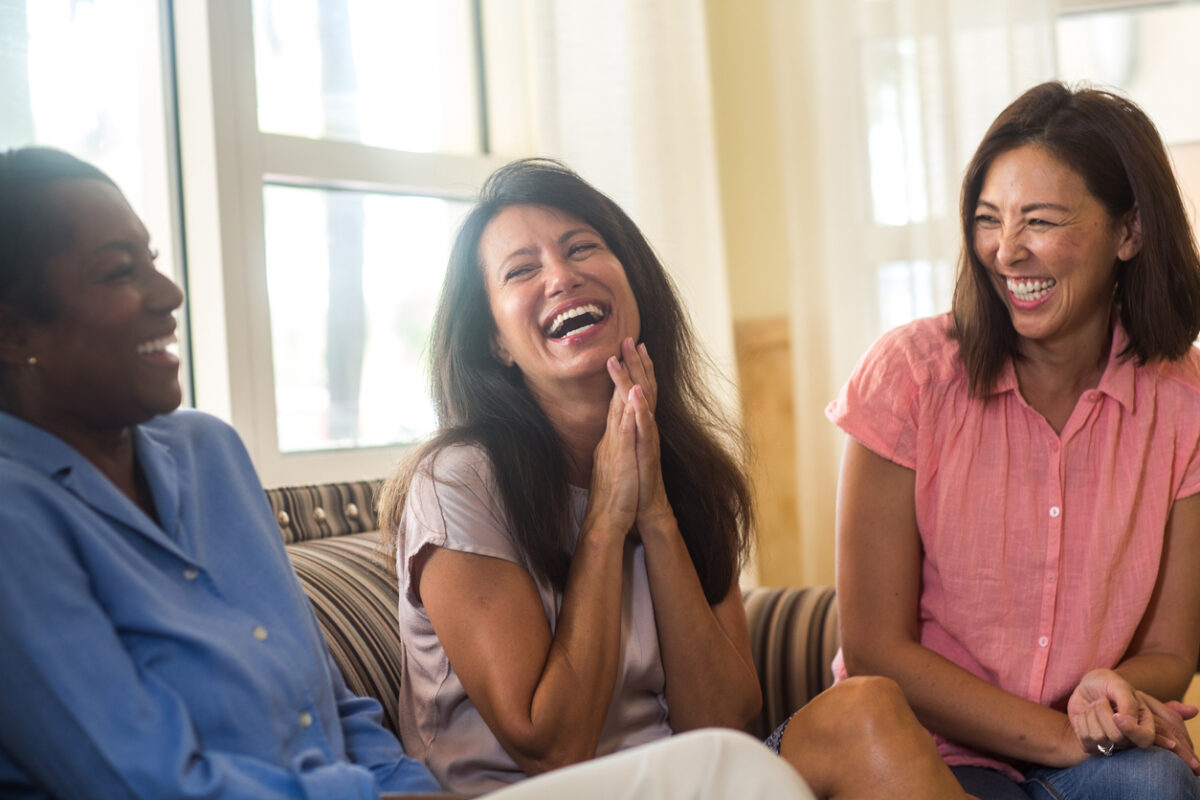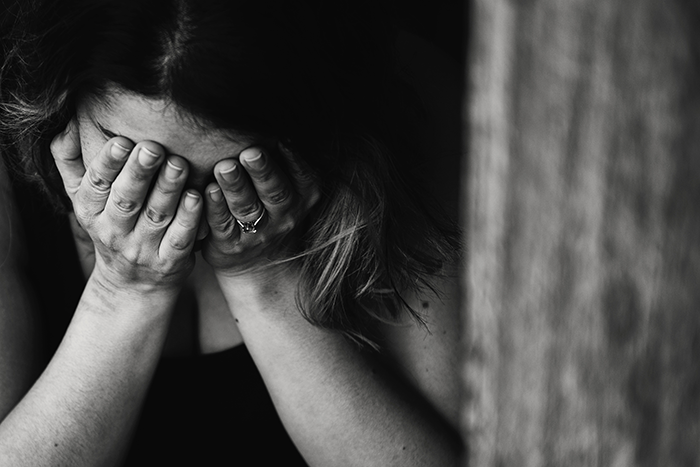Exploring the Link Between Menopause and Constipation Concerns
Can menopause cause constipation?
Many women experience digestive system changes as they enter menopause. A decline in estrogen levels can slow gastrointestinal movement, leading to constipation.
What happens behind it and how we can address it?
What Happens to Your Digestive Health During Menopause?
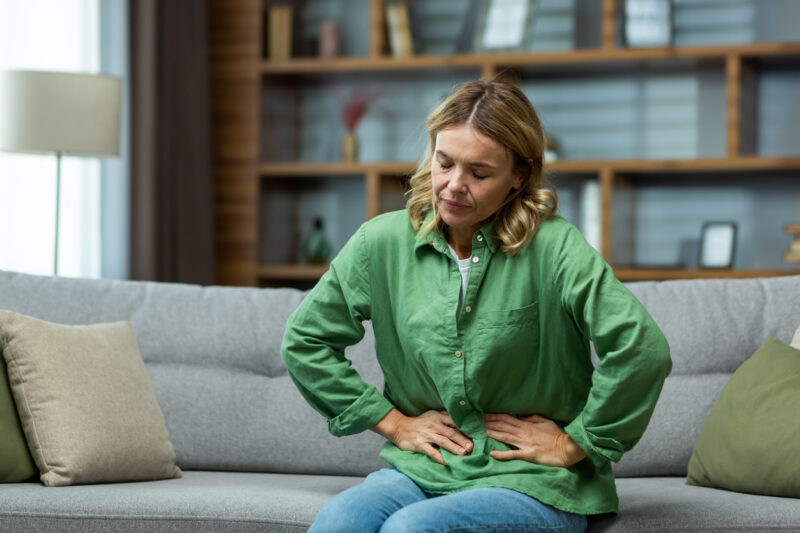
During menopause, changes in hormone levels can have an impact on digestive health.
The decrease in estrogen can affect the functioning of the digestive system, causing a slowdown in bowel movements and potentially leading to constipation.
Additionally, hormonal fluctuations can also affect the balance of gut bacteria, which may contribute to digestive issues.
Perimenopause and constipation
Perimenopause, which is the transitional stage before menopause, can also contribute to constipation. During this time, hormonal changes can affect the digestive system and lead to slower bowel movements.
Additionally, perimenopausal symptoms such as hot flashes, mood swings, and sleep disturbances may indirectly affect bowel regularity. (This also holds true in menopause, too.)
The Impact of Menopause on Bowel Movements (in-depth explanation)
During menopause, hormonal changes occur, particularly a decrease in estrogen levels. Estrogen plays a role in maintaining the integrity and function of the gastrointestinal tract, including the muscles responsible for bowel movements.
The decrease in estrogen can lead to decreased muscle tone and motility in the intestines, resulting in slower transit time of waste through the digestive system. This can contribute to constipation and difficulty with bowel movements.
Additionally, hormonal fluctuations during menopause can also affect fluid balance in the body, leading to dehydration and further exacerbating constipation.
Moreover, menopause can be associated with other factors contributing to bowel movement changes, such as increased stress levels, dietary changes, and reduced physical activity. These factors can further contribute to the difficulty in passing stool.
Identifying and Managing Bowel Irregularity in Post-Menopausal Women
In the study, “Identifying and Managing Constipation in Post-Menopausal Women,” researchers aimed to provide insights into the identification and management of constipation in women after menopause.
The study highlights the importance of recognizing the unique factors that contribute to constipation in this population, such as hormonal changes and decreased physical activity.
How to Prevent and Address Menopausal Constipation?
The Role of Diet and Lifestyle
Diet and lifestyle play a crucial role in managing the healthy passing of stool. Firstly, increasing dietary fiber intake is essential. Fiber helps to add bulk to the stool, making it easier to pass through the digestive system. It also helps promote beneficial bacteria in the intestines.
Incorporating foods such as fruits, vegetables, whole grains, and legumes can significantly contribute to meeting the recommended fiber intake.
Additionally, staying hydrated is important. Drinking enough water throughout the day helps to keep the stool soft and facilitates its passage. Physical activity is another key aspect as it helps to stimulate bowel movements and maintain regularity. Engaging in regular exercise, such as walking or yoga, can help prevent and manage constipation during menopause.
Furthermore, it is important to avoid or limit certain foods that can contribute to constipation, such as processed foods, fried and fatty foods, and dairy products. These can slow down digestion and make bowel movements more difficult.
In conclusion, adopting a diet rich in fiber, staying hydrated, engaging in regular physical activity, and avoiding constipation-triggering foods can all contribute to effectively managing menopausal constipation. It is advisable to consult with a healthcare professional for personalized advice and to rule out any underlying health conditions.
The Effect of Alcohol
While moderate alcohol intake may not directly cause constipation, excessive or frequent alcohol consumption can contribute to constipation in menopausal women.
Alcohol is a diuretic, which means it can lead to dehydration. Dehydration can affect the digestive system, potentially leading to constipation.
Additionally, alcohol can disrupt the normal functioning of the digestive system, which may further contribute to constipation.
It is important for menopausal women experiencing constipation to stay hydrated and consume alcohol in moderation, if at all, to help manage symptoms. Consulting with a healthcare professional is always recommended for personalized advice.
About Laxative Supplements
Laxative supplement ingredients in the USA designated as pharmaceuticals in Japan
We researched the popular constipation supplements in Amazon USA. What surprised us was that the functional ingredients in some top-rated laxative supplements are ingredients designated as pharmaceuticals in Japan.
Some laxative ingredients have solid functions and will relieve you immediately. But you must be careful about strong ingredients
Intestinal Motility Stimulants
Continued use of intestinal motility stimulants may lead to the body developing tolerance and chronic low peristaltic movement, which means chronic constipation symptoms. Such low intestinal motility may need surgical recovery in worse cases.
Osmotic Laxative
Some supplements called “stool softener” often contain osmotic laxative. It inhibits water absorption and electrolytes in the intestines, increases water content in the stool, and enhances stool softness, promoting bowel movements.
It is comparatively safer than intestinal motility stimulants even by continuous usage, but it also has potential side effects. They include dehydration, electrolyte imbalance, abdominal cramps, and diarrhea. It also develops a tolerance.
The most popular osmotic laxative, magnesium hydroxide, poses another concern, hypermagnesemia, by long continuous dosage.
Regardless of the ingredient’s function types, we don’t recommend prolonged use of potent ingredients designated as pharmaceuticals in other countries.
Examples of laxative ingredients which are used for supplements in the USA but designated as pharmaceuticals in Japan
-
-
- Bisacodyl (intestinal motility stimulants / osmotic laxative)
- Docusate Sodium (osmotic laxative)
- Magnesium Hydroxide (osmotic laxative)
- Polyethylene Glycol (osmotic laxative)
-
Natural Laxatives
Botanical Laxatives
Natural laxatives,
with a long history in traditional medicine, have been tested over time and are generally considered to be relatively safe. They include Rhubarb, Cannubis Fractus, etc.
Japanese Herbal Remedies
Kanpo uses the above natural laxatives. “Kanpo” is traditional Japanese herbal medicine shaped by refining ancient Chinese medicine throughout Japanese history.
It’s not only a natural alternative to modern medicines. The concept is different from modern medicine and popular supplements, as the following.
(1) Its goal is to make bowel movements as natural as possible rather than immediate and clear results.
(2) The approach combines various natural ingredients to achieve long-term effects with minimal side effects, aiming to improve the constitution rather than relying on a single potent component for immediate, easily noticeable results.
For example, it minimizes the natural intestinal stimulant by combining dietary fiber for a more natural solution. Combining various ingredients will support each other in their pros and cons and shape a safe and effective solution as the whole set.
Juveriente®’s Natural Laxative Complex, HarmoniHerbs Gentle Laxative
A Japanese natural supplement brand, Nalelu®, has been supplying a long-seller natural laxative complex in Japan based on the concept of Kanpo.
Now, Juveriente® has brought it to international customers for their safer and long-term solution.
You can find the further details about this product here.
A natural supplement to balance your hormone, extracted from Miso
Needless to say, it’s crucial to improve your hormonal imbalance, the root cause, before discussing constipation relief.
Miso soup made from Miso, fermented soybean paste is a Japanese staple. Miso has a lot of health benefits and works as a daily herbal medicine to keep up Japanese people’s life. One notable benefit of Miso is that Japanese women experience far easier menopausal experiences than Westerners. You can enjoy the same health benefits with this natural supplement.
Juveriente®’s Effisoy, launched in 2016, based on fermented soybean germ extract has been loved as a natural menopause relief since its launching in 2016.
Its primary function is to boost the weakened synthesis of a hormone precursor, DHEA. It’s safe as it only heals the natural synthesis function. The hormone boost doesn’t provide the only relief from menopausal symptoms. It also supports various aging and hormonal imbalance issues like insomnia, weight increase by aging, etc.
Here are some of the real product reviews in our Amazon shop.
“Restful sleep finally!!”, “I Am Now Free of Hot Flashes!!”, “Lifesaver”



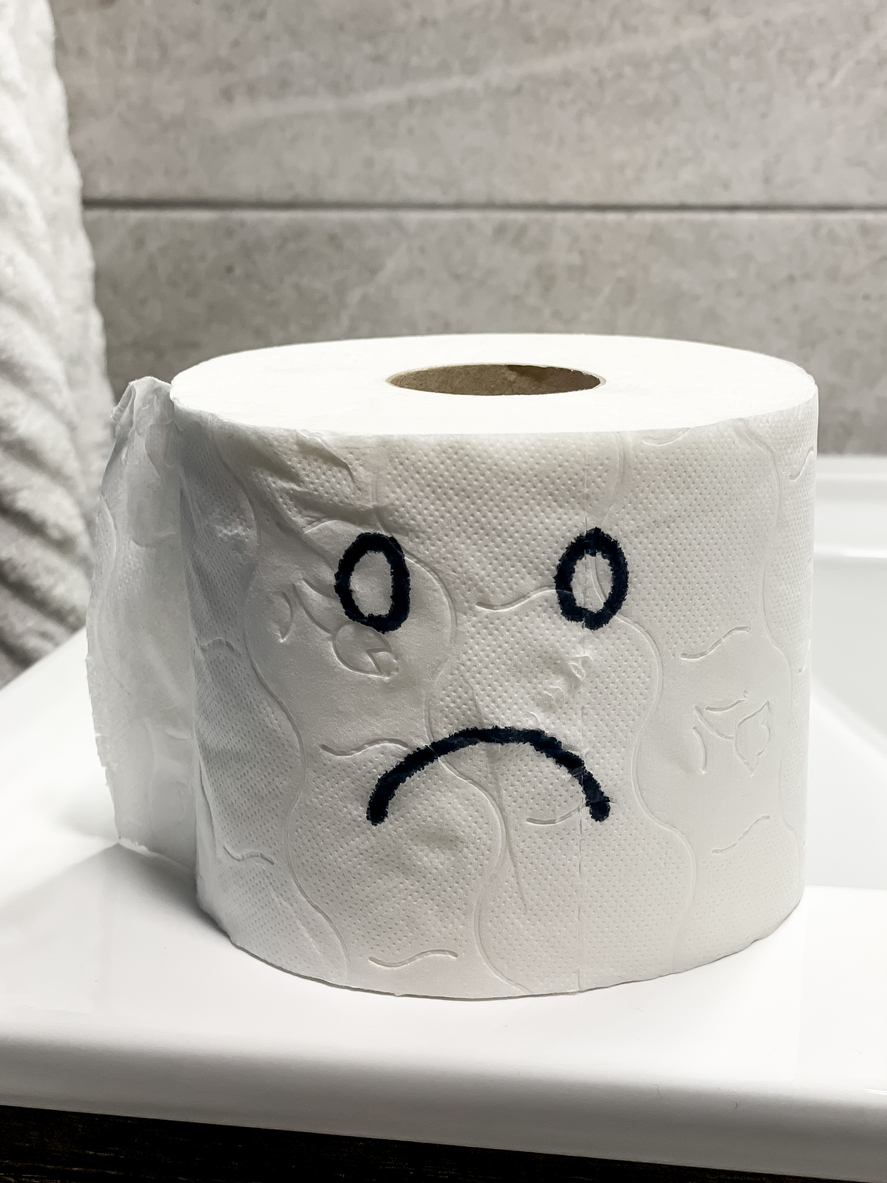


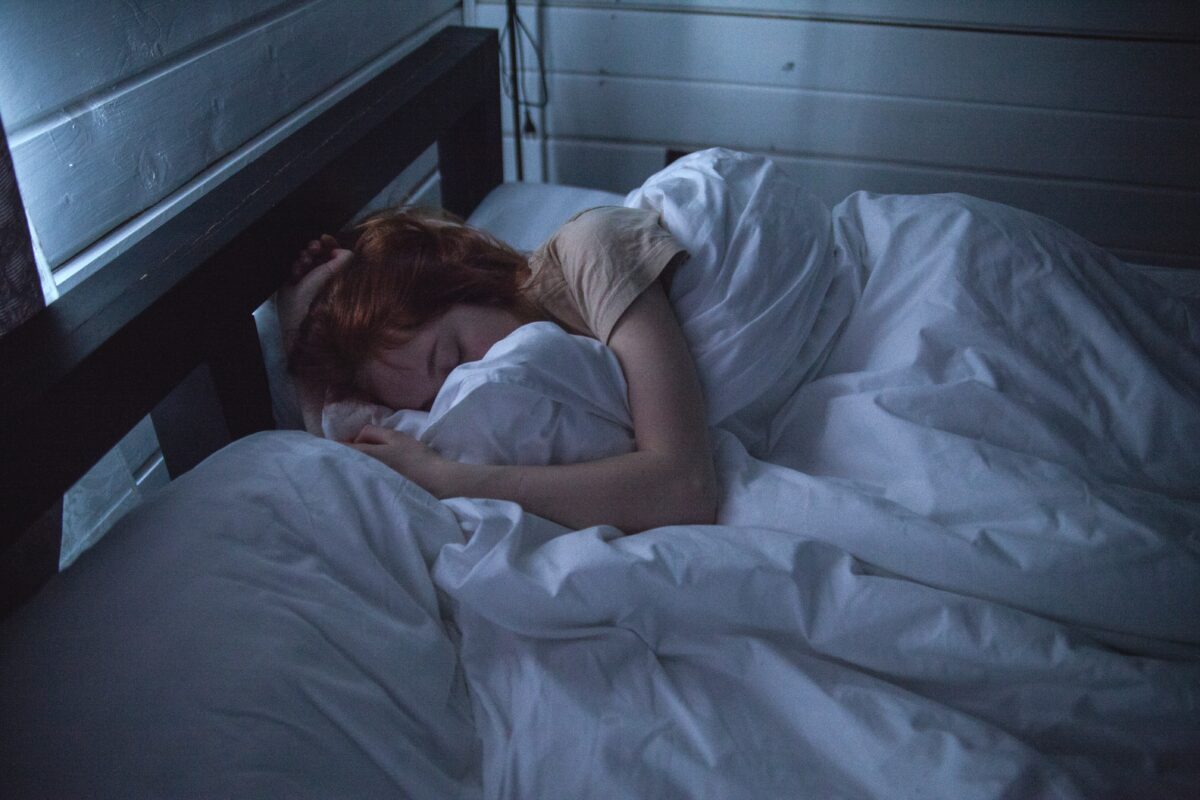
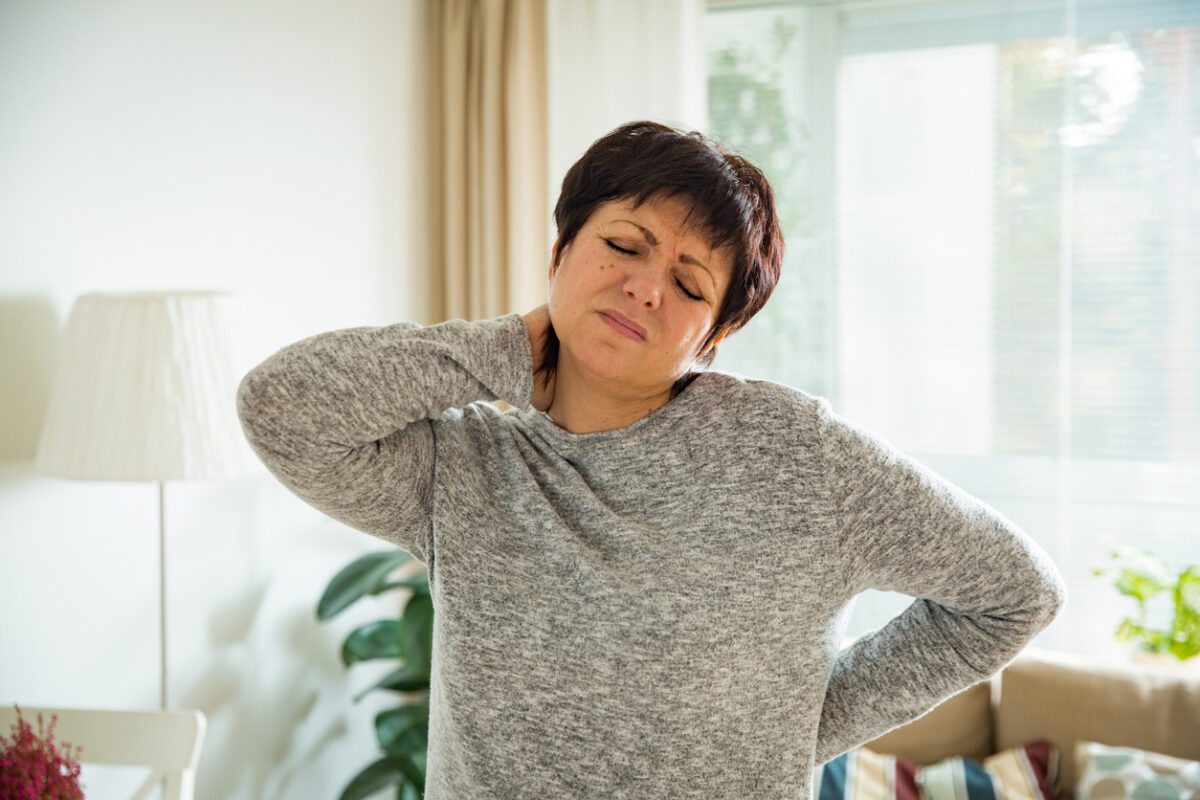


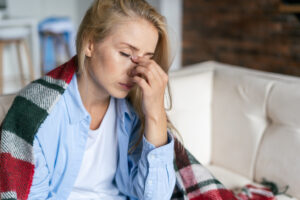







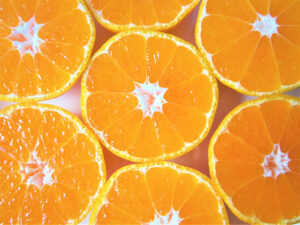 “
“
